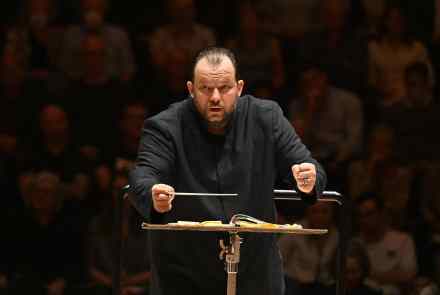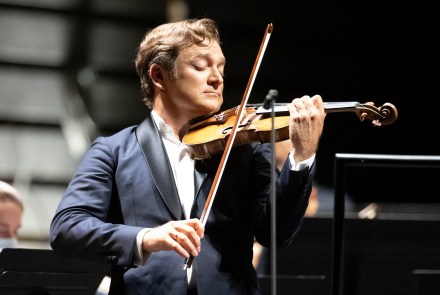Even Nelsons’s miscalculations are fascinating: Leipzig Gewandhaus/Andris Nelsons, at the Barbican, reviewed
Imagine growing up with a whole orchestra as your plaything. Richard Strauss’s father was the principal horn of the Munich Opera, and doting relatives funded publication of the teenage Richard’s earliest compositions. At the age of 19 he was assistant conductor of the Court Orchestra in Meiningen, and had rather got used to having world-class musicians at his command. It was the spirit of the age in fin-de-siècle Central Europe, a time and a place where it was perfectly normal for an opera house to have 16 spare horn players hanging around to play offstage effects, where conductors derived their authority from royalty and if (as Alma Mahler describes) the



